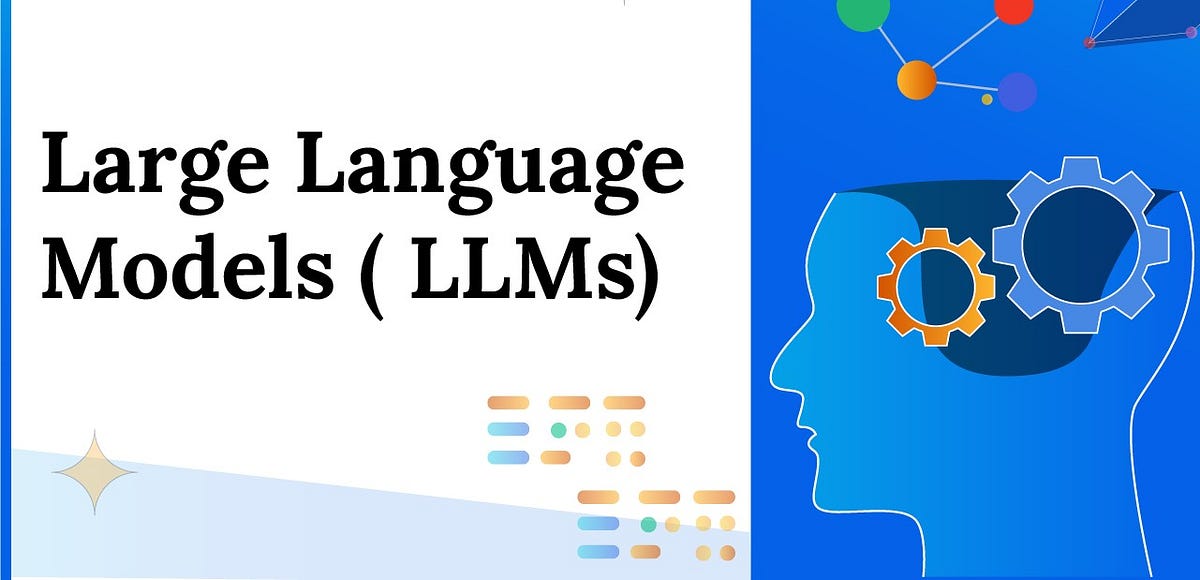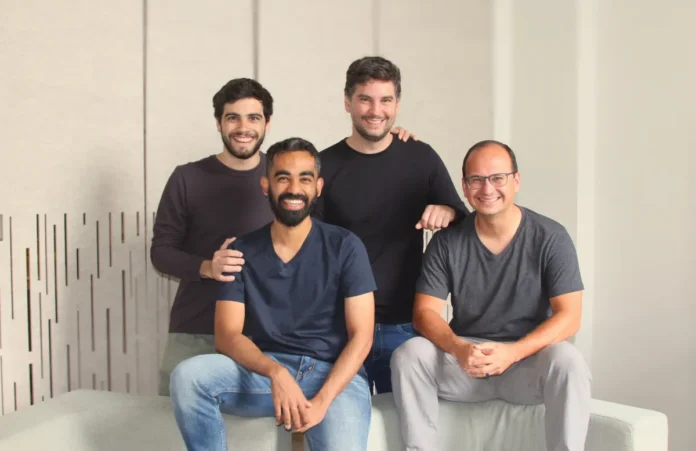Today, Hyperplane, a startup based in San Francisco developing foundation models to assist banks in predicting consumer behavior, emerged from stealth to announce a $6 million funding round. The round was led by Lachy Groom, a former executive at Stripe, and included SV Angel, Clocktower Technology Ventures, Norte, Soma Capital, Latitud, Atman Capital, Crestone VC, and Liquid2 Ventures. Ultimately, the goal is to facilitate banks’ utilization of first-party data to create individualized user experiences through behavior prediction.
In addition to its current partnerships with around a dozen Brazilian banks, the company plans to expand to the United States. Furthermore, Hyperplane intends to expand its technology to other fields in the future, though at the moment, it is concentrating only on the banking industry.
Felipe Meneses, Rohan Ramanath, Felipe Lamounier, and Daniel Silva were the co-founders of Hyperplane. While CEO Lamounier has spent the last seven years developing the Brazilian EdTech startup StartSe, co-founders Daniel Silva and Rohan Ramanath have experience developing enterprise-level AI systems for Google and LinkedIn, respectively.
“What does it take to build a personalization layer for banks across the world?” Ramanath explained, reiterating the core hypothesis. “If you think of the big technology companies, they have a lot of first-party data, but they also have a lot of investments in data infrastructure and enterprise data warehouses to use all of this data to understand the consumer, to build personalization into every single product page, and finally build this into the consumer experience itself. The goal for Hyperplane is, if banks across the world have a lot of first-party data, what does it take to build a data intelligence layer so that banks can plug in their first-party data?”
Another point that Lamounier made was that other services need access to the level of detailed customer information that banks do. “One of the arguments that I use to sell to banks is that the data that these banks have about me as a client is much more vulnerable to catch my behaviors than what Google or Facebook have. It doesn’t matter if I go to the Porsche website — that doesn’t mean that I can buy a Porsche. But Chase or Bank of America, they know the kind of restaurants I go to, what grocery store I go to. If I pick up Uber, what is the affordability? All that data is in-house.”
The baseline is low because most banks do not offer personalized experiences at all. Customers in highly competitive banking markets, such as Brazil’s, are growing to expect a consistent online banking experience across all of their accounts. The Hyperplane APIs are the platform’s backbone, allowing these financial institutions to construct these customization models dynamically. The team emphasized that it does not engage in data sharing and that all of these deployments are private. Hyperplane has its models that it uses for all of this as well. At the moment, two modules are available from the company: one for segmenting audiences and another to generate lookalike audiences, allowing users to discover similar users and thus expand potential target audiences. “We discovered that by creating models that are specific to tasks, we can achieve much greater success when we build something unique and from scratch,” Ramanath stated.
Hyperplane now offers Mandelbrot LLM, a model that banks can use to anticipate when customers may churn or which users will use a particular bank as their main bank, among other things. Hyperplane claims that one Brazilian neobank’s credit limit division increased transaction volume by 46% after using its services. This was achieved, in part, by providing a more accurate picture of customers’ projected income.

“Brazil has been through an important pro-competition movement in the last decade, and today we see an ecosystem that is eager to adopt new technologies,” pointed Lamounier. “The Hyperplane Cloud can scale across markets with little effort, and we’ll soon announce our first partnerships in the U.S.”




